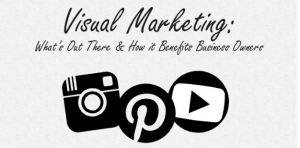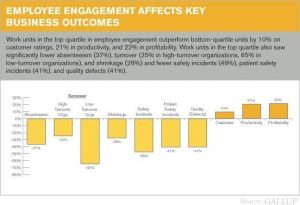
Facebook@Work sounds like something employees shouldn’t be doing on the job. But Facebook is planning to release a document sharing and social platform similar to what it uses internally to speed work flows. According to a number of reports, beginning with Tech Crunch last June and a more recent report in Business Insider, the release of Facebook for work could happen soon.
A workplace version of Facebook takes aim at two fronts:
- Google’s family of document sharing services (including Google Docs and Google Drive) as well as Microsoft’s Office 365 and Yammer
- LinkedIn and its business social network
To some extent Facebook is late to the party—the well-reviewed Slack has offered a web-based business collaborative service since late 2013, and other players include relative start-ups Convo, Hipchat and Socialcast, as well as veteran players such as IBM. But none of these have the widespread brand recognition and immediate user familiarity of Facebook.
While there is a minority opinion that Facebook can be an effective collaborative business tool, keep in mind that most companies block access to Facebook (as well as other social media) for the obvious reason that people should be working, not updating their Facebook pages.
In addition, companies worry about hackers using social media as a gateway to confidential corporate data. Most reports make the assumption that Facebook@Work would be an entirely separate product from “regular” Facebook, and presumably wouldn’t include advertising.
Potential Obstacles for Facebook@Work
There is a definite trend to improve employee collaboration, while also sidetracking the time-sucking and frequent irrelevancies of email. Still, Facebook@Work isn’t going to stroll in and capture significant market share simply because it’s Facebook. In fact, the Facebook brand actually presents a number of hurdles Slack and other competitors don’t have to jump.
1. Who owns the data? Facebook has a history of handling user data and sensitive information in questionable ways. Facebook@Work must convince business users that it can be trusted. Could be a hard sell, particularly in light of recent lawsuits alleging Facebook violated European privacy rights.
2. Integration. Most companies are already using some kind of collaborative tools. Can Facebook@Work easily integrate with or port over Google Docs, chat rooms or other collaborative networking systems?
3. Will there be cute cats? Facebook’s dominance as a social network could backfire in the business world. Sure, businesses use Facebook as a marketing and promotional tool, but it’s also associated with updates about your latest supper and YouTube videos of dancing birds. It’s not widely regarded as a professional tool. IT departments that still pine for the demise of Windows XP are likely to be less than enthusiastic.
Digital & Social Articles on Business 2 Community
(359)
Report Post






